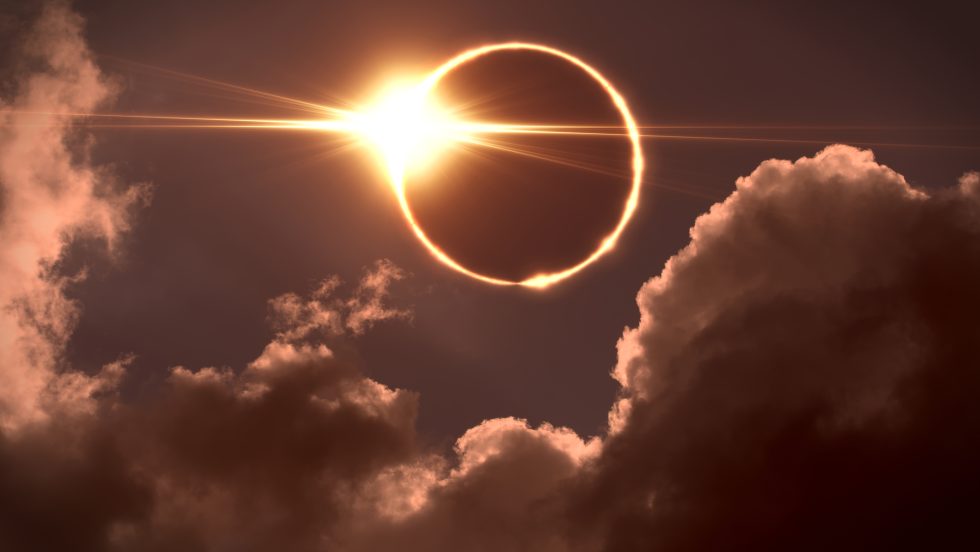Merced College invites astronomy enthusiasts and curious community members to experience the annular solar eclipse happening Saturday morning, Oct. 14, with a gathering on the lawn near the front of campus.
A total solar eclipse occurs when the moon completely covers the sun; in an annular eclipse, the moon’s orbital trajectory will place it just slightly farther from Earth than during a total eclipse, resulting in “ring of fire” effect where the Sun appears as a radiant donut or washer. This shape is called an annulus, hence the event’s name.
The eclipse’s peak viewing window will span from 9:00 to 9:45 a.m. on Oct. 14, with maximum coverage around 9:30 a.m., with the sun approximately 88% obscured.
The college’s Geology and Natural Science Club has arranged a variety of safe viewing methods to ensure everyone can witness the eclipse without risking their eyesight. It is imperative to never gaze directly at the sun, as permanent eye damage can occur instantly.
The only safe methods for observing the sun during the eclipse are through projection techniques, where an image of the sun is displayed on a screen, or by using NASA-approved solar filters.
The eclipse-watching event at Merced College will include a 5-inch telescope equipped with a solar projector, a specialized solar telescope, and shared filter glasses. Additionally, pinhole projectors will be on hand to provide an alternative and safe viewing experience.
This marks the third eclipse event that Merced College has hosted over the years. In keeping with the annular theme of the day, the Geology and Natural Science Club will provide complimentary donuts, along with hot coffee and cocoa.
For information, contact Professor Robert Davies at 209-384-6126 or [email protected].
